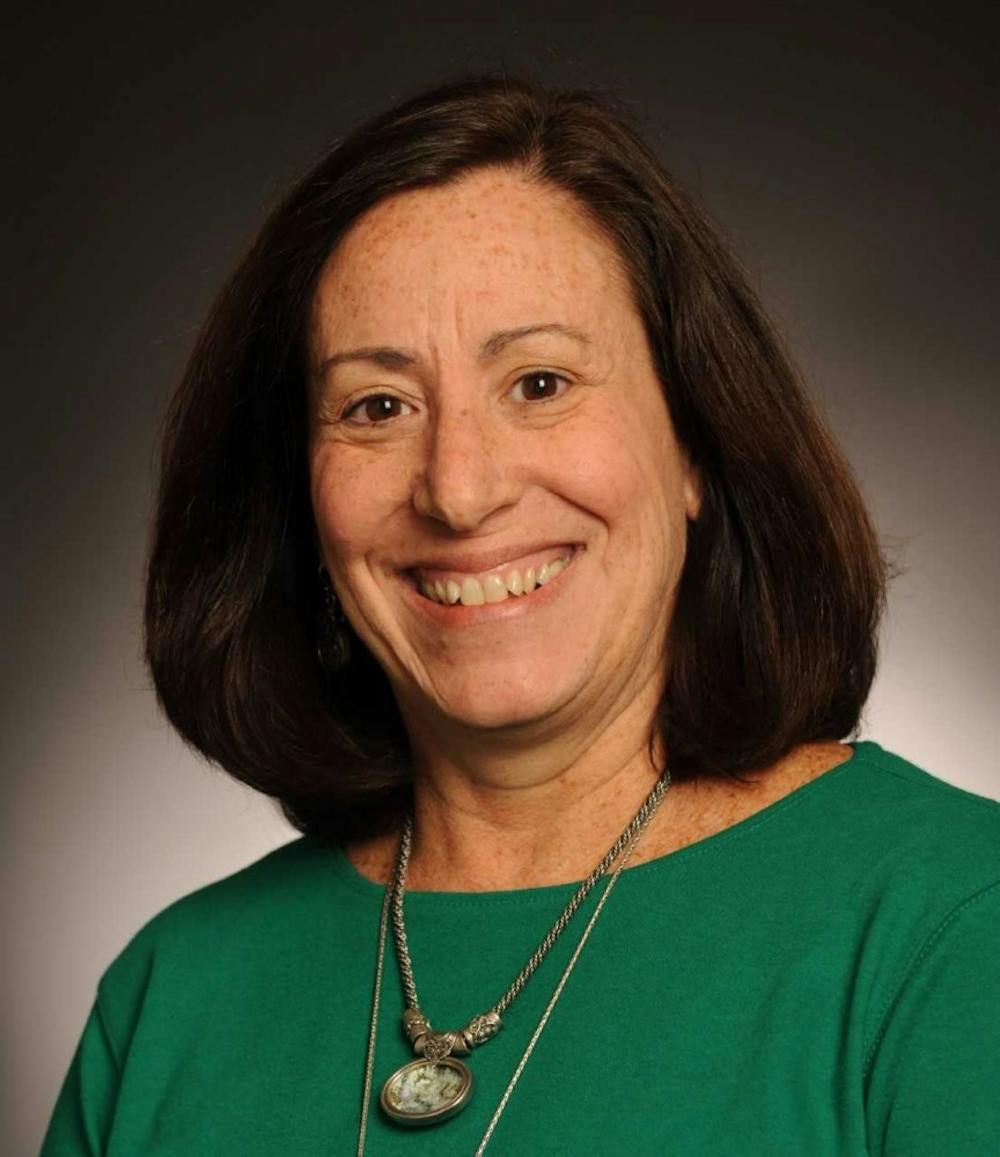On Oct. 1, 58 people were killed and 489 were injured during a mass shooting in Las Vegas.
Robin Gurwitch is a psychologist at Duke University Medical Center and a Psychiatry and Behavioral Science professor. Staff writer Emily Davis asked Gurwitch about how large-scale traumatic events affect children and young adults.
The Daily Tar Heel: Can you describe the research you do in the area of young people and traumatic events?
Robin Gurwitch: I’m a clinical psychologist at the other blue school here in the state, at Duke University Medical Center, and since the bombing in Oklahoma City in 1995, I’ve been involved in direct service, training, research and material development to better understand the impact of large scale disasters and trauma on children and families. So I have been involved in natural disasters as well as terrorist attacks, school shootings and other man-made kind of disasters like the Deep Horizon oil spill.
DTH: How is trauma, such as in response to large scale events like those in Las Vegas, processed by younger people as opposed to adults?
RG: We need to spend a little more time understanding the impact that these events have on college students because college students are a unique population in that you are young adults, and generally you live away from home, but you’re not completely independent — so your support system is a little bit different. You’re still connected to family back home but you don’t live there, and you’ve got family at school but then breaks come and they disappear, right? So you’re caught in a very different place, and what we know, for example, after natural disasters, often graduating seniors from high school that thought about going away for college tend to stay closer to home to go to college when an event affects their community. Or if they were going to college somewhere else, they transfer and come back home — not everybody, but a significant number of students. So I think we have to better understand how this impacts college students who are trying to figure out what their place is in the world and where they're going to go next in terms of events that are happening that may affect their home communities.
When we think about young children, they don't have as clear an understanding about these events as say college students or adults. I think all of us are trying to better understand what just happened in Las Vegas. It was a horrific tragedy, and young children really need us as adults to start conversations and talk with them about what happened, to make sure that they are not carrying around any misinformation or have misconceptions about what happened.
DTH: You said that you’ve been researching in this area since the Oklahoma bombing. Do you think that schools have become more equipped to handle these kind of situations?
RG: Sure, there has been tremendous gains in schools preparedness. There's been tremendous efforts being made to help support school personnel and teachers in how to better respond to students needs when they return to school, and having services available after events for children. The work by people that have been in this field for a long time has been increasingly expanding. There’s continued efforts being made around how to better understand and help schools prepare, how to better increase training to teachers and in the last decade there’s been recognition that teachers too are impacted when these events happen.



